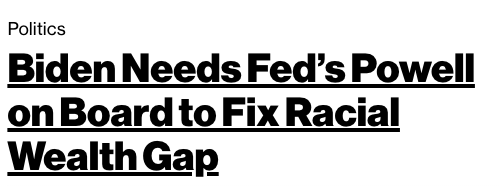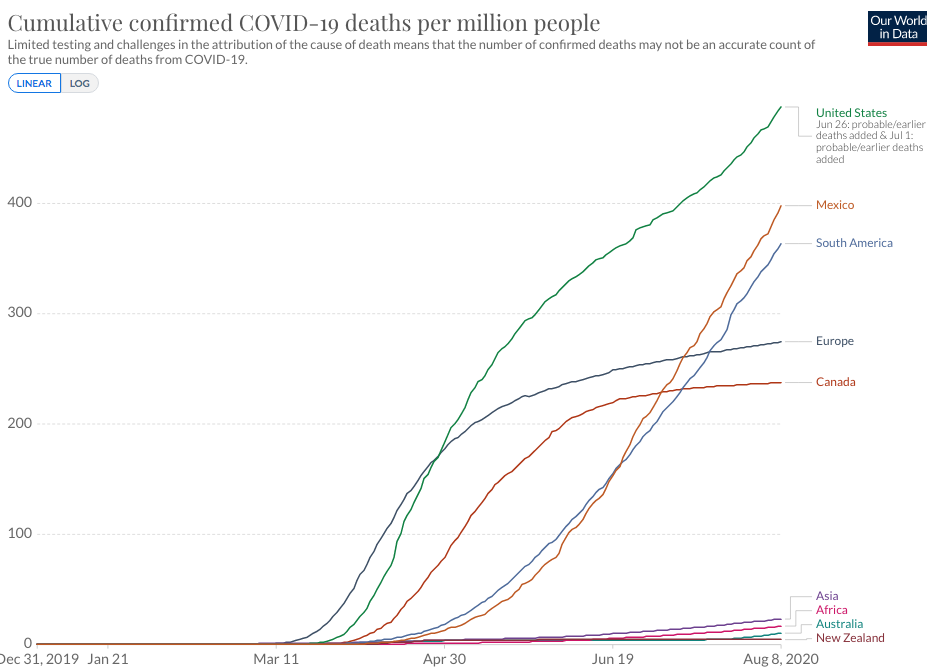Are they really this clueless?
I’ve always had a low opinion of our intelligence community, but I was nonetheless taken aback when commenter Mark directed me to the recent public assessment of election interference by foreign powers:
CHINA – We assess that China prefers that President Trump – whom Beijing sees as unpredictable – does not win reelection. China has been expanding its influence efforts ahead of November 2020 to shape the policy environment in the United States, pressure political figures it views as opposed to China’s interests, and deflect and counter criticism of China. Although China will continue to weigh the risks and benefits of aggressive action, its public rhetoric over the past few months has grown increasingly critical of the current Administration’s COVID-19 response, closure of China’s Houston Consulate, and actions on other issues. For example, it has harshly criticized the Administration’s statements and actions on Hong Kong, TikTok, the legal status of the South China Sea, and China’s efforts to dominate the 5G market. Beijing recognizes that all of these efforts might affect the presidential race.
Let’s work backwards:
Beijing recognizes that all of these efforts might affect the presidential race.
Says who? Do the spooks know this, or are they just speculating?
For example, it has harshly criticized the Administration’s statements and actions on Hong Kong, TikTok, the legal status of the South China Sea, and China’s efforts to dominate the 5G market.
So we are to believe that these public statements are an attempt by “China”, or is it “Beijing”, to tip the election toward Biden? The masterminds in Beijing realize that if voters find out that Trump spoke out against China’s crackdown on Hong Kong, they’d be more likely to vote for . . . Biden? Do the Chinese believe that the American public is favorably inclined toward the Chinese Communist Party, and doesn’t like it when our government takes a tough stand with China?
This stuff doesn’t even pass the laugh test. Start with the fact that a public complaint about US policy is not “election interference”. Then add in the fact that if they wanted to help Biden they would not complain about the Administration’s tough stance on China’s HK crackdown, rather they’d gloat about the fact that Trump encouraged the Xi Jinping to put vast numbers of Uighurs into concentration camps. Are we really to assume that that the Chinese are so clueless that they don’t know what sort of things will influence American voters? Or is it someone else who is “clueless”?
In the future, when I hear people tell me that I should “listen to the experts in the US government who understand the threat from China”, I’ll think back to this report.
And laugh.
PS. I need a vacation. Ever since the Italians elected Berlusconi I’ve have this perception that the world is getting steadily stupider. Or am I getting more senile? (Probably both.)
And check out today’s Bloomberg headline:

I wish I had a job that allowed me to “fix” racial wealth gaps. And what does “fix” mean? Eliminate?
Seriously, do I need to consult a psychiatrist? Is the whole world going crazy or is it just me?
PPS. And this:
After all, the president had told her in the Oval Office that he aspired to have his image etched on the monument. And last year, a White House aide reached out to the governor’s office with a question, according to a Republican official familiar with the conversation: What’s the process to add additional presidents to Mount Rushmore?
Dying would help.


